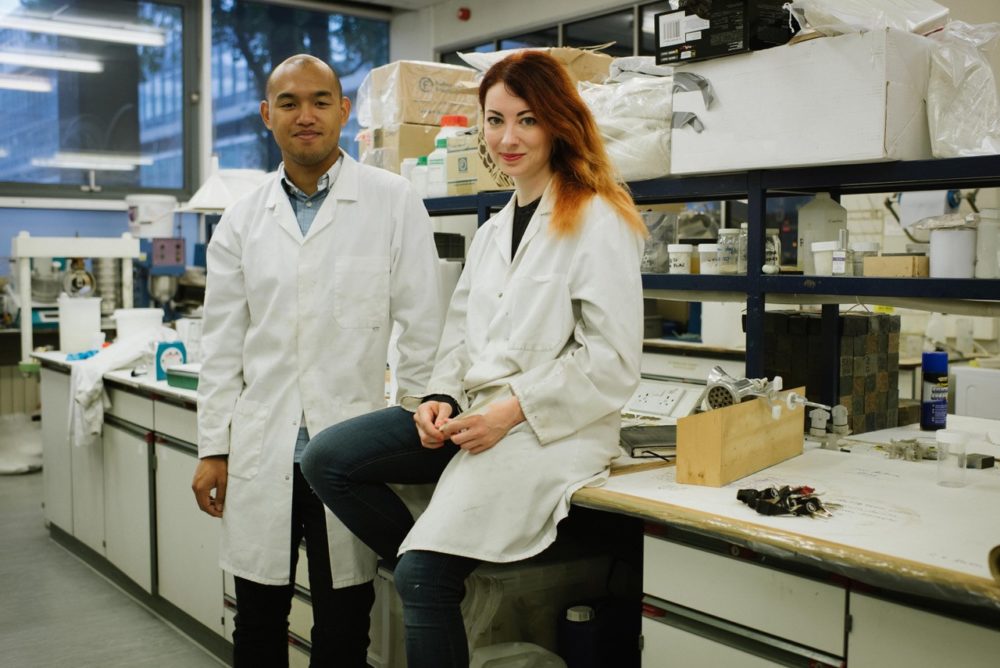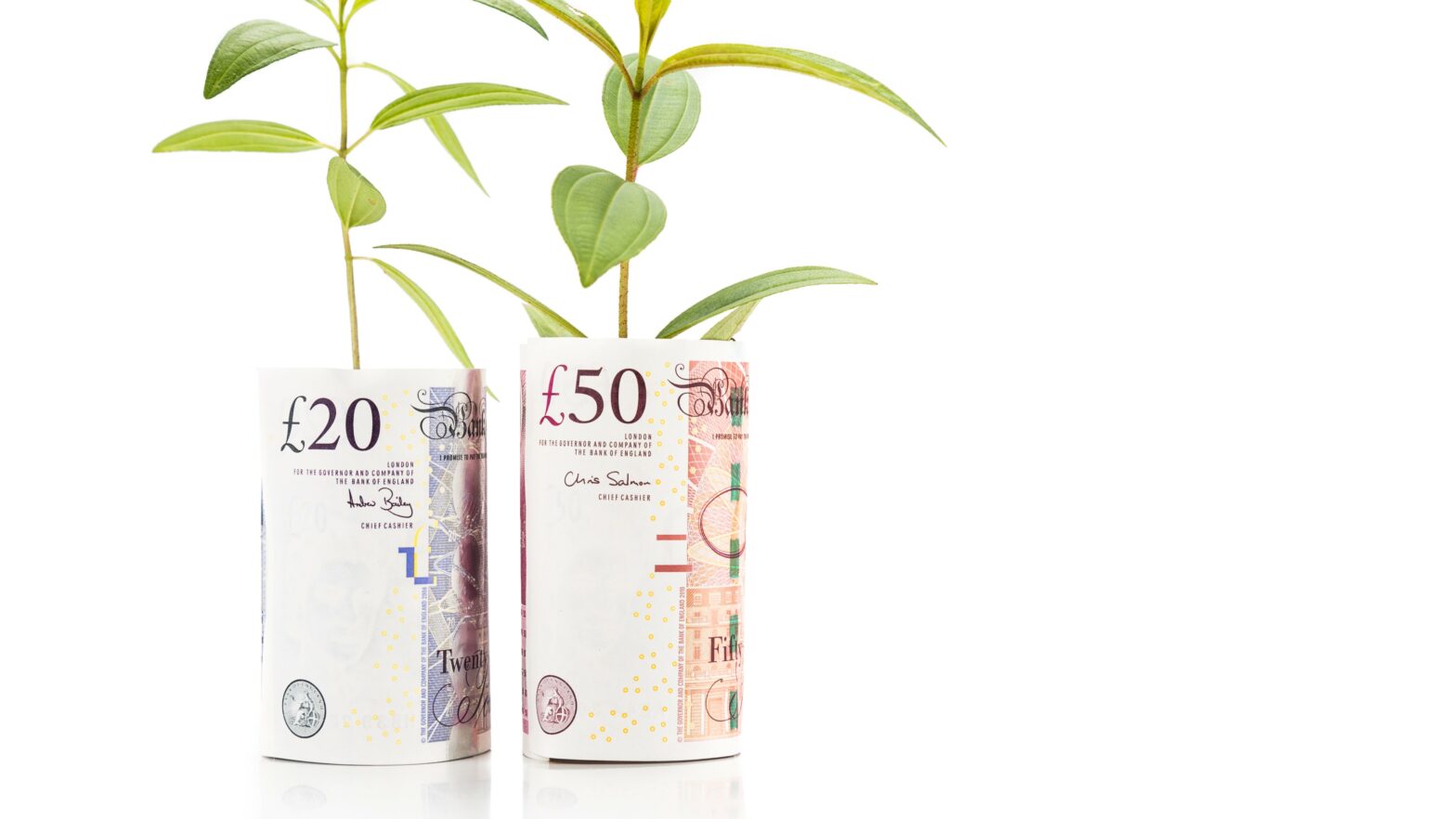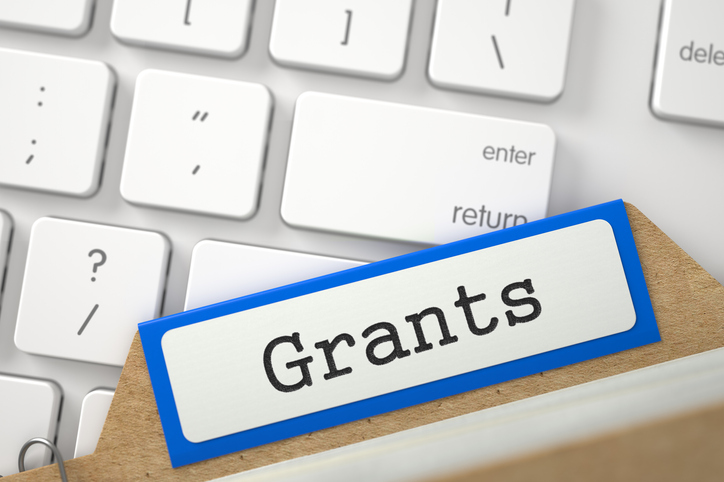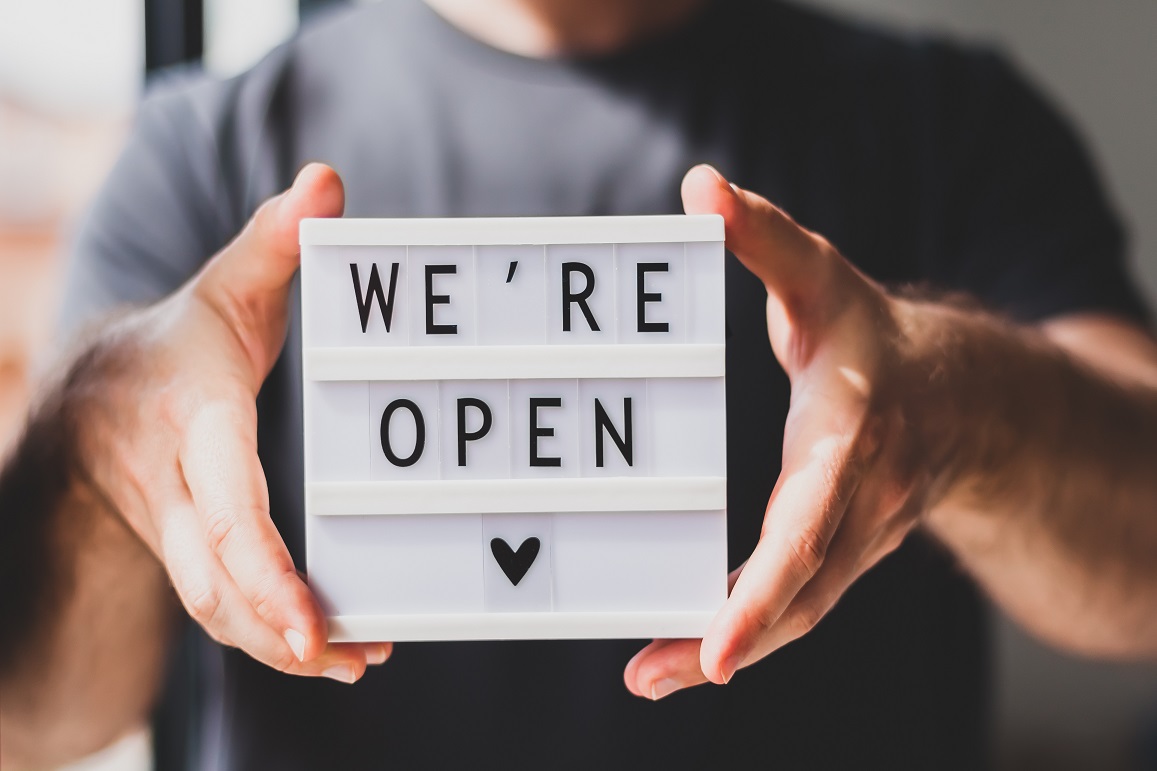Running a pre-revenue business is full of uncertainty: how much money you’ll make, when to hire your first employee and whether you’ll even make it beyond your first year.
But for these new businesses, there is some help along the way. Elena Dieckmann is co-founder of Aeropowder, a company creating sustainable products using chicken feathers. Launched in 2016, it has benefited hugely from competitions and grants – a true example of grabbing the opportunities available to you.
She talks to SmallBusiness.co.uk about how her university assignment bloomed into a start-up.
How did Aeropowder come about?
It was originally my final year research project at the Royal College of Art when I was studying innovation and design engineering.
We started off by investigating the properties of waste materials and how they can be used for other applications. In the end we came up with the idea of waste material for deliveries and packaging.
The product is called pluumo. It keeps deliveries cold for up to 48 hours and can be used for food, pharmaceuticals, biotechnology – anything that needs to stay cool.
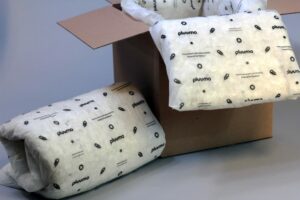
Our idea won the Mayor of London’s Low Carbon Entrepreneur Competition. We got some seed funding after that so we could make a prototype in the lab.
That was about two and a half years ago.
What kind of properties do feathers have?
Feathers consist of keratin, a physically strong protein. They’re light and hollow, trap air and are highly-insulating. They protect chickens from water and cold.
If it’s good enough for birds, it’s good enough for humans! Feathers are a huge waste resource that have a lot of potential.
At the beginning we got everything together to make a housing insulation product, but the issue with house insulation is that you need to go through an extensive certification test, which is good, but for a start-up it’s tricky to get into the market.
How many feathers get wasted?
In the UK, it’s around 2,000 tonnes per week and in Europe it’s 3.1 million tonnes per year. That’s a lot!
At the moment, feathers become a sort of protein powder used to feed minks or foxes as well as being used for soil production. We thought we could do something better with them.
What is the current make-up of the business – do you have any employees yet?
It’s just me and the company’s co-founder, Ryan. We found each other at university and were a really good team on the course. I didn’t want to do London Mayor’s competition on my own so I asked him to be my partner.
There are no employees yet – we are currently working with interns. The company will be hiring soon: we need to grow our team and get people with more expertise.
How have you handled funding in these early stages?
We’ve basically kept ourselves afloat with competitions, grants and fellowship programmes. We don’t spend like crazy and try to stay lean on the expenses.
“We’ve kept ourselves afloat with competitions, grants and fellowship programmes”
What are your goals as a business?
We’ve had our first production run and are supplying to our first customers. It could be that the product changes after more testing – we’re just focusing on customer feedback at the moment. We want to build that loyalty.
The product is at a very good stage. In fact, we’ve had some re-orders already. It’s on such a small scale that I’m not sure we’re raising revenue yet.
We’re keeping things positive so that when we scale we get the numbers later on. I don’t even know if we’ll be successful in the long-term.
What advice do you have for entrepreneurs with pre-revenue businesses?
Apply for grants and competitions – it really helps you solidify your idea and pitch.
Look to the government, your university and small competitions. Try different accelerators and incubator too as they often pitch competitions. Failing all that, you can find opportunities online.
